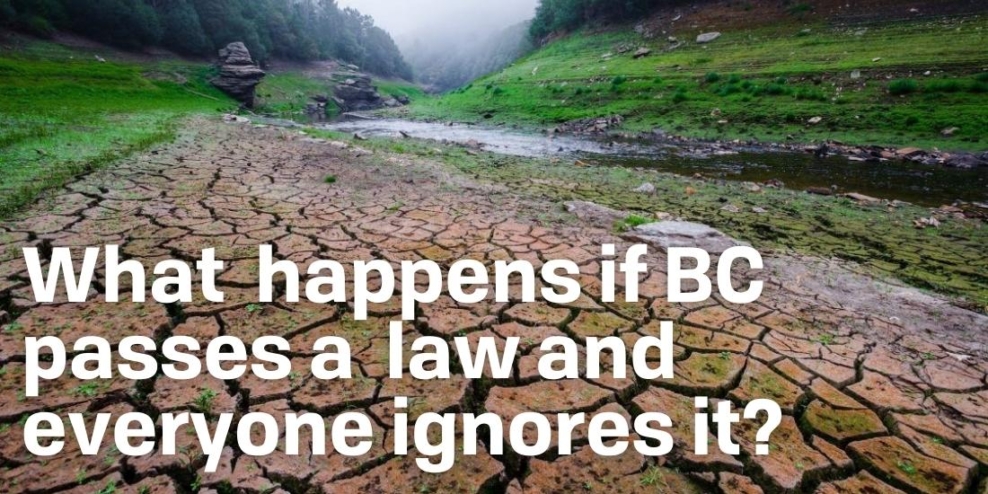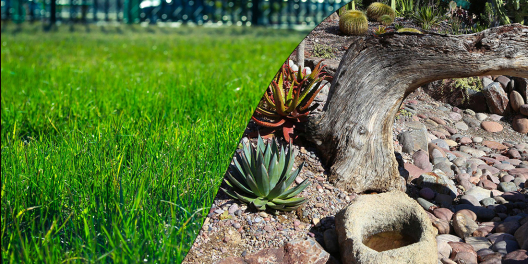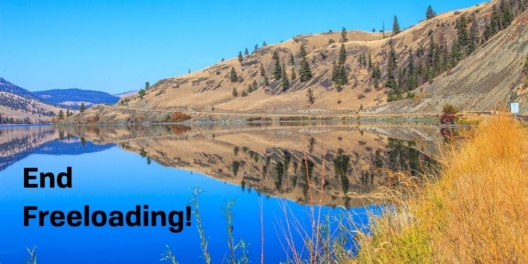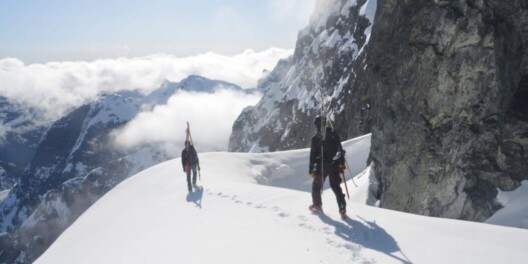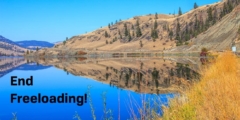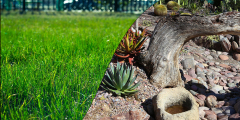Some groundwater users are about to find themselves in a tight spot. Or maybe a dry spot.
The provincial government didn’t pay much attention to freshwater management until recently. That meant people who used water from underground aquifers didn’t have many rules to follow.
But five years ago, the BC government tried to change that.
In 2016, BC became the last jurisdiction in North America to regulate groundwater. After that, the Water Sustainability Act (WSA) brought in new rules for groundwater users, and the clock started ticking.
The new law didn’t apply to households. But everyone else who uses groundwater for irrigation, commercial, or industrial purposes needed to get a licence and pay a water fee of about $1,000. The province gave these users three years, until 2019, to voluntarily get a license. And the users who got their license before the deadline would get to keep all their historical water rights.
The intention was good. Rules around groundwater help protect aquifers and streams. They clarify how much water an individual or business can legally use. And they provide a framework for cooperation, which helped things like the Koksilah River project to help save salmon.
The license also created a level playing field for groundwater and stream water users, as stream water users already needed licenses.
Up until the new rules came in, it was a free-for-all. There was no way to monitor how much water business users were draining from aquifers.
But by 2019, that was supposed to change. After that, all groundwater users were supposed to apply and get their licence except for people using water for their households.
But hardly anyone applied. So the province extended the deadline and gave users until March 1st, 2022, to get a licence.
But as March 1st approached, it became clear there was a big problem.
Very few groundwater users had applied. That meant around 20,000 farms, golf courses, vineyards, orchards, and other businesses in rural BC have been sucking water out of aquifers for years without paying a dime. Moreover, no one has been monitoring how much water they are taking.
When March 1st came and went, an estimated 12,000 groundwater users still hadn’t applied for a licence. Now they risk losing their access to water.
So people are pointing fingers. Between government and businesses, there’s plenty of blame to go around. It’s clearly a boondoggle.
But it’s a boondoggle that lots of folks saw coming.
Last September, Ted van der Gulik, President of the Partnership for Water Sustainability in BC and a former water engineer with the province, shared his concerns with the government’s Select Standing Committee on Finance and Government Services.
“[T]he Partnership has been raising the red flag regarding the consequences of government not making a last-ditch, all-out effort to urge historical groundwater users to apply for their licences before the deadline. If they do not do so, they will lose their historical rights and be considered illegal uses of water,” van der Gulik said.
So now, instead of having a sustainable groundwater management plan, the province has chaos on its hands.
Commercial groundwater users who didn’t apply by March 1st are now drawing water illegally under the BC Water Sustainability Act.
“It’s illegal for those people to be using the water now, since March 2nd,” Dave Mercer, general manager of the BC Ground Water Association (BCWGA), told The Squamish Chief. BCWGA represents well drillers, technical consultants, and other suppliers to well owners.
To make matters worse, the 12,000 users who missed the deadline will now have to apply as new groundwater users. As a result, they’ve lost any benefit that came with being a historical user.
The government Ministry that oversees the licencing says it won’t be unreasonable with well owners who haven’t applied for licences and are now using water illegally. “We are serious about the need of users getting this done, and we urge groundwater users to get their applications in,” a statement from the Ministry said.
But fights between historical and new groundwater users are likely in areas without a lot of water.
“If you’re in a place that has lots of water in your aquifer, I don’t think the province is going to come after you very quickly, but what you need to remember is, if you have not applied, all new applications jump in front of you,” Partnership’s van der Gulik told The Squamish Chief.
This mess will take a while to unravel.
